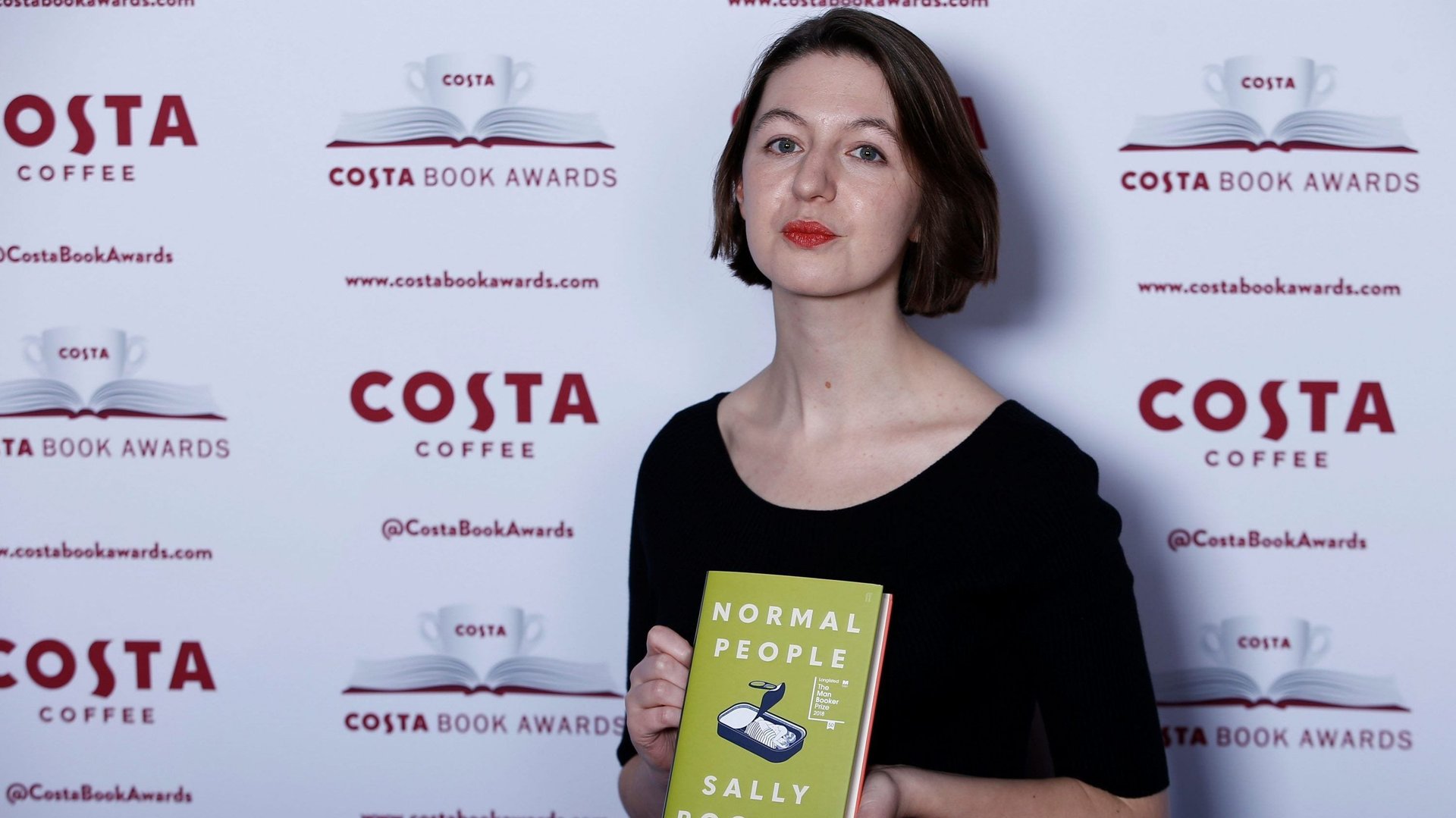Most creative people are secretly worried they’ve already peaked
At just 28 years old, Sally Rooney is already the author of two critically acclaimed novels—and she thinks it’s possible she’ll never write another book.


At just 28 years old, Sally Rooney is already the author of two critically acclaimed novels—and she thinks it’s possible she’ll never write another book.
That would be sad, the Irish writer acknowledged in conversation with fellow novelist Emma Straub at a book event in Brooklyn on April 16. “It’s quite scary to say this, because of how much I love writing,” said Rooney. “But I really feel open to the idea that maybe I won’t be writing novels for the rest of my life. Maybe I’ll have a very creative patch now and then I won’t anymore.”
It’s an anxiety that’s likely familiar to anyone who’s experienced the eerie period in the aftermath of a burst of creativity—when, after working feverishly on a big project, you suddenly find yourself with a surplus of time and not much to do. But no one can be creative or productive all the time. (Even Beethoven had a 10-year gap between his eighth and ninth symphonies.) As performance coach and writer Brad Stulberg explained in his column for Outside, “too much stress without enough rest and you get injury, illness, and burnout.” The same logic applies to all kinds of human pursuits; our hardworking brains need vacations, too.
This reality is at odds with the way we often talk about ambition, framing it as a consistent character trait that powers us ever-forward toward our goals. But as Stella Bugbee writes in an essay for New York Magazine’s The Cut, the truth is that ambition can ebb and flow. Like creativity, it’s not always under our control. And in those moments when our ambition seems to peter out on us, perhaps that’s not a problem so much as it is our brains telling us they need some time to chill.
Just as ambition can come and go, it’s also possible to be ambitious in the present without being intently focused on the future. Rooney said she feels most ambitious when she’s in the midst of working on a book. “I always want the novel I’m writing right now to be the best thing anyone has ever written,” she said. “My ambition is to just nail it.” While she’s utterly absorbed by ambition when she’s immersed in writing, forgetting to eat lunch and ignoring the dishes, she’s far less zealous when it comes to imagining her future. “Looking further down the road,” she said, “that’s something I never do.”
Perhaps, like comedian Aidy Bryant, Rooney is a career cook, as opposed to a baker—someone who prefers to improvise her professional pursuits rather than following a recipe. Or perhaps her tendency not to plan ahead is a testament to the fact that pursuing a creative life is ultimately a leap of faith; a vote of confidence in the resilience of your own mind.
“I never have any intuition of when it’s going to begin again,” Rooney confessed on a recent podcast while discussing how her impulse to write comes in spurts. That’s a scary feeling, sure. It’s always possible that inspiration will never come back. But it usually does. And while no one likes to think their best work is behind them, the worst-case scenario for artists is still a win for everyone else. If Beethoven had never produced his ninth symphony, he still would have transformed the world of music. And cold comfort though it may be to Rooney, even if she never writes another word, she will still have given the rest of us the pleasure of reading two very good books.